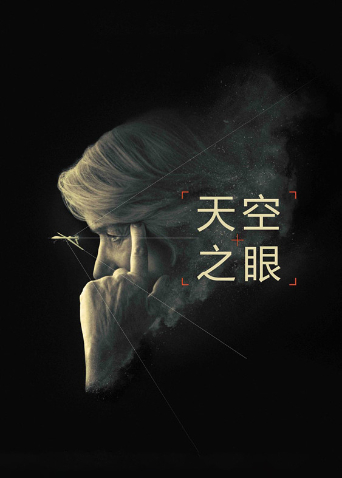一名患视力障碍的男子试图从连环杀手的手中救出他的爱慕对象。这名杀手的精神状态令人不安,亚洲区而其背后的黑暗故事也浮出水面。
一名患视力障碍的男子试图从连环杀手的手中救出他的爱慕对象。这名杀手的精神状态令人不安,亚洲区而其背后的黑暗故事也浮出水面。

回复 :小女孩拉克希米,梦想在全国舞蹈比赛中,赢得“印度之傲”的称号。而背后,则有父母的恩怨情仇,和对手及设置迷魂阵的电视台搅局……
回复 :仇達天被陷入獄十五年,出獄後誓要報仇,天見車房仔亞龍資質不差,收其為徒,亞龍此後以賭徒姿態出現各大賭場,因而結織REBECCA,兩人共墮愛河;但天之忠仆恐REBECCA不明來歷,決意阻撓兩人發展……龍漸得天之真傳,天未能控制龍,兩人因意見不合而斷絕師徒關係。亞龍與仇決裂之事傳遍江湖,巨富劉大偉獨具慧眼,認為龍必勝仇,並與狄元虎立下賭約……原來狄元虎有必勝把握,但REBECCA助龍在賭桌上落敗。
回复 :Two differences between this Austrian version and the generally available American version are immediately obvious: they differ both in their length and in the language of the intertitles. The American version is only 1,883 metres long - at 18 frames per second a difference of some 7 minutes to the Austrian version with 2,045 metres. Whereas we originally presumed only a negligible difference, resulting from the varying length of the intertitles, a direct comparison has nevertheless shown that the Austrian version differs from the American version both in the montage and in the duration of individual scenes. Yet how could it happen that the later regional distribution of a canonical US silent film was longer than the "original version"?The prevalent American version of Blind Husbands does not correspond to the version shown at the premiere of 1919. This little-known fact was already published by Richard Koszarski in 1983. The film was re-released by Universal Pictures in 1924, in a version that was 1,365 feet (416 metres) shorter. At 18 frames per second, this amounts to a time difference of 20 minutes! "Titles were altered, snippets of action removed and at least one major scene taken out entirely, where von Steuben and Margaret visit a small local chapel." (Koszarski)From the present state of research we can assume that all the known American copies of the film derive from this shortened re-release version, a copy of which Universal donated to the Museum of Modern Art in 1941. According to Koszarski the original negative of the film was destroyed sometime between 1956 and 1961 and has therefore been irretrievably lost. This information casts an interesting light on the Austrian version, which can be dated to the period between the summer of 1921 and the winter of 1922. Furthermore, the copy is some 200 metres longer than the US version of 1924. If one follows the details given by Richard Koszarski and Arthur Lennig, this means that, as far as both its date and its length are concerned, the Austrian version lies almost exactly in the middle between the (lost) version shown at the premiere and the re-released one.A large part of the additional length of the film can be traced to cuts that were made to the 1924 version in almost every shot. Koszarski describes how the beginning and the end of scenes were trimmed, in order to "speed up" the film. However, more exciting was the discovery that the Austrian version contains shots that are missing in the American one - shots/countershots, intertitles - and furthermore shows differences in its montage (i.e. the placing of the individual shots within a sequence). All this indicates that Die Rache der Berge constitutes the oldest and most completely preserved material of the film.

